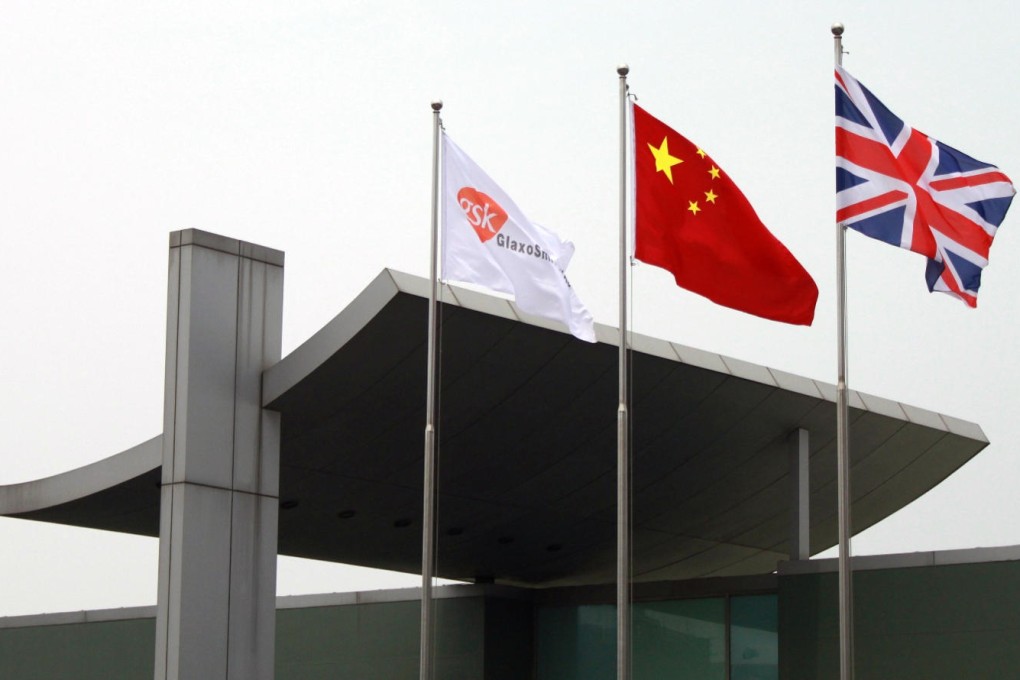Nowhere to hide from bribery laws
Stricter financial crime laws give UK authorities sweeping powers to prosecute British individuals or corporations anywhere in the world

At a closed-door trial held last month in Hunan province, one-time high-flying business executive Mark Reilly was handed a three-year suspended prison sentence for his role in the largest corporate bribery scandal involving a foreign firm in China.
As the former country manager of British pharmaceutical maker GlaxoSmithKline, Reilly was due to be expelled from China and his company slapped with a US$489 million fine, according to Xinhua.
However, Reilly's return to Britain might not mean the end to his legal troubles. That is because as a British passport holder, Reilly is subject to his home country's recently tightened bribery laws that give the authorities in London sweeping powers to prosecute British individuals or corporations suspected of paying bribes, even if the alleged transgression took place overseas.
"There should be a wake-up call as people need to understand how draconian the law can be," said Alistair Webster, a London-based lawyer who has acted both for and against cases brought by the Serious Fraud Office, Britain's financial crimes watchdog.
Many developed economies, including the United States and Canada, also have extraterritorial laws penalising companies that pay bribes overseas. Britain's laws are seen as the broadest in scope.
Anti-bribery rules apply not only to British nationals or British-based companies. Any firm that has a British subsidiary opens itself up to prosecution, even when it is not the subsidiary itself that is accused of wrongdoing.